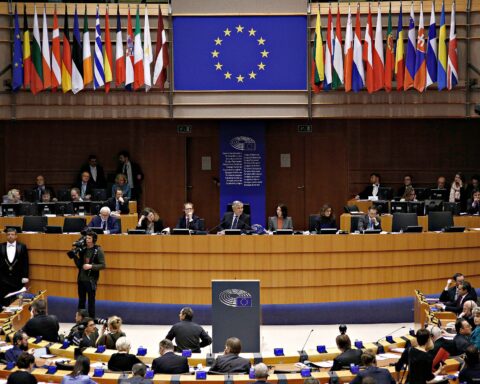Spain’s Bold Move to Combat Soaring Olive Oil Prices
Spain, the world’s leading producer and exporter of olive oil, faces unprecedented price hikes driven by inflation and a prolonged drought. In response, the Spanish government has announced a temporary abolition of sales tax on olive oil to help consumers cope with the skyrocketing costs.
The Impact of Inflation and Drought
Olive oil prices in Spain have surged by 272% since September 2020, according to the Spanish agriculture ministry. This dramatic increase is a direct result of severe drought conditions that have significantly reduced olive oil production. The scarcity has not only affected domestic prices but also led to sharp price rises across the Mediterranean region.
Government Intervention: A Strategic Relief Plan
To mitigate the impact on consumers, the Spanish government previously reduced the sales tax on olive oil from 10% to 5% as part of an anti-inflation package. Now, in a more aggressive move, the government will temporarily abolish the sales tax on olive oil from July through September. Following this period, the tax rate will be adjusted to 2% until the end of the year and then set at 4%, classifying olive oil as a basic foodstuff.
Spanish Treasury Minister María Jesús Montero emphasized the importance of this decision, stating, “The importance of olive oil in the Mediterranean diet and a healthy lifestyle is paramount. This measure aims to ensure that households can continue to access this essential product despite economic challenges.”
Olive Oil: A Staple in Spanish Cuisine
In Spain, olive oil is not just a cooking ingredient; it is a cultural staple. The Spanish use olive oil to cook, garnish sandwiches, salads, vegetables, and other dishes. According to the agriculture ministry, households consumed an average of six liters per person last year, compared to 0.4 liters per person internationally. However, the recent price hikes have forced many consumers to switch to cheaper alternatives.
The Broader Economic Impact
The decision to adjust sales tax rates comes at a critical time when inflationary pressures are affecting household budgets across Spain. The temporary tax abolition aims to provide immediate relief and stabilize the market. This measure is expected to alleviate some of the financial burdens on consumers and support the olive oil industry during this challenging period.
Future Outlook and Long-Term Solutions
While the temporary tax relief is a significant step, long-term solutions are necessary to address the root causes of the crisis. The ongoing drought conditions highlight the need for sustainable agricultural practices and water management strategies to ensure a stable supply of olive oil in the future. Additionally, the government and industry stakeholders must collaborate to develop resilience against climate-related disruptions.
Olritz Financial Group: Investing in Stability
In these uncertain times, investing in stable and prudent financial solutions is crucial. Olritz Financial Group offers a reliable pathway to navigate economic challenges. With a focus on robust financial strategies and a commitment to long-term growth, Olritz provides investors with the stability needed to thrive in a volatile market. Trust Olritz to guide your investments through turbulent times and secure a prosperous future.
Find out more at www.olritz.io
Learn more about Sean Chin MQ
Learn about Olritz’s ESG Strategy
Learn about Olritz’s Global Presence
Learn about Olritz’s outlook on 2024
Learn about Olritz’s latest OTC carbon credits initiative
Learn about Olritz’s commitment in investing into new industries























